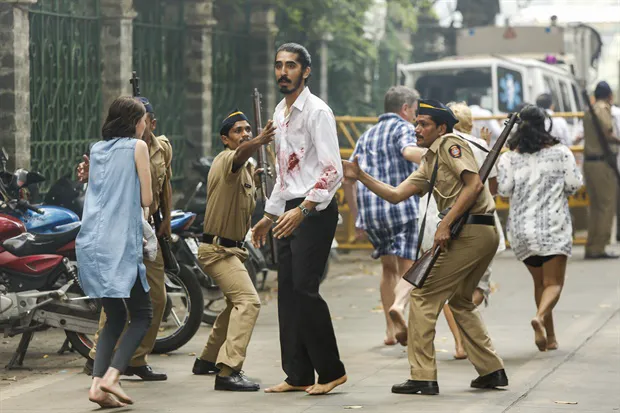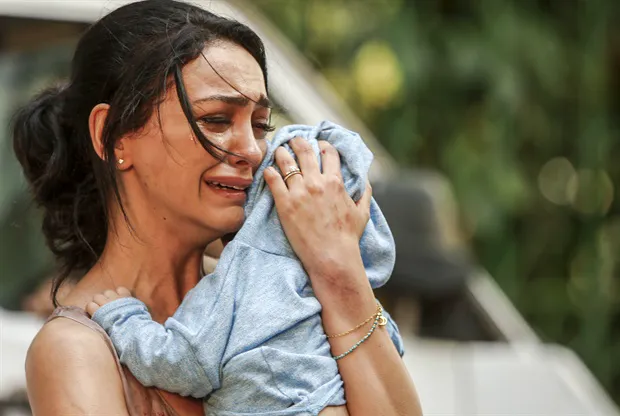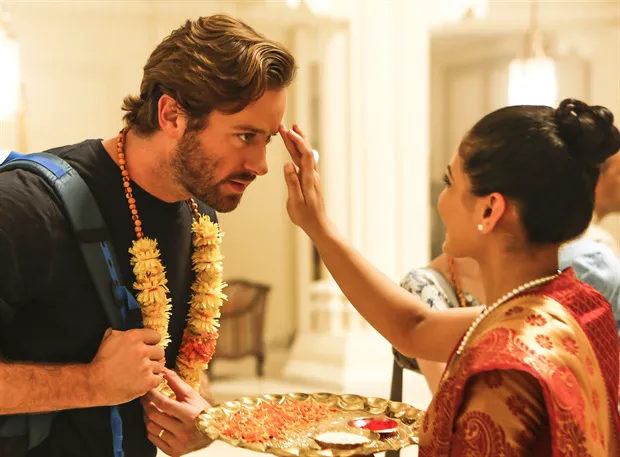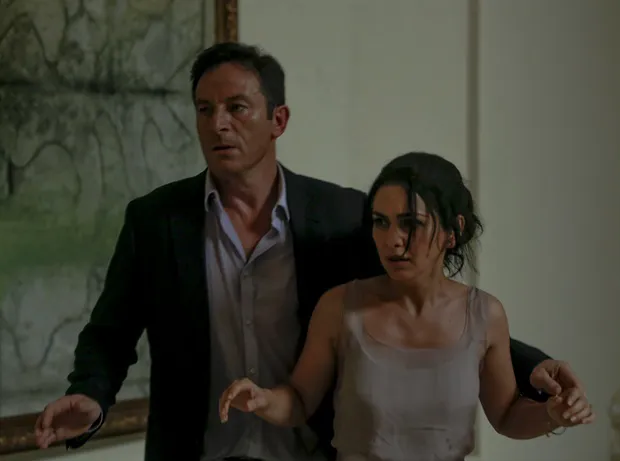Hotel Mumbai: A Gripping, Almost Exploitative Look at the 2008 Terrorist Attacks
Starring Armie Hammer and Dev Patel, this film delves into the harrowing events of the Mumbai attacks with unflinching intensity.
The film follows David, a doctor vacationing in Mumbai with his wife Zahra, as they check into the luxurious Taj Mahal Palace Hotel. Meanwhile, Arjun, a resourceful but somewhat disheveled waiter, is working at the hotel. Unbeknownst to them, a group of militants has arrived from Pakistan, poised to unleash a series of devastating attacks across the city, with the Taj Mahal Palace Hotel as one of their primary targets.

Director Anthony Maras, in his feature film debut, tackles a sensitive and complex subject. The 2008 Mumbai attacks, which claimed over a hundred lives, remain a fresh wound for many. Any misstep in portraying these events could easily offend survivors and witnesses. Maras navigates this challenge by constantly pushing boundaries, refusing to shy away from the harsh realities of the tragedy.

Unflinching Brutality
“Hotel Mumbai” is a brutal and uncompromising film. It relentlessly tallies the dead with a chilling detachment, reminiscent of the opening scene of Spielberg’s “Munich,” but extended throughout the entire movie. Maras doesn’t shy away from depicting the violence and bloodshed, a decision that has drawn criticism from some Western critics who accuse him of turning a tragedy into a macabre spectacle.
However, the film’s brutality is far from entertaining. Its cynicism and cold calculation are unsettling and repulsive. “Hotel Mumbai” doesn’t revel in violence or transform the attacks into a sensational display of gore. Instead, each shot is a painful reminder of the ever-present threat of evil, an evil that cannot be softened by cinematic pathos or Hollywood tears.

Humanizing the Terrorists
Maras avoids the common trope of dehumanizing the terrorists. They are not portrayed as an abstract, faceless force spewing bullets and religious slogans. Instead, they are depicted as individuals with their own emotions and motivations. The film follows them as closely as it follows their victims, showing them joking, arguing, and even breaking down in moments of despair.
This humanization, however, doesn’t imply sympathy. It creates a jarring dissonance that makes their actions even more terrifying and senseless. It raises questions about the extent of brainwashing required to strip individuals of their empathy and replace it with a twisted ideology.

Where the Film Falters
“Hotel Mumbai” doesn’t offer easy answers. It excels in its silent, suspenseful scenes, focusing on the raw and visceral nature of the events. However, it stumbles when it delves into the dramatized and somewhat contrived stories of individual characters. These moments veer towards Hollywood sentimentality, undermining the film’s otherwise unflinching approach.
Among the characters, the Russian businessman, Vasily (played by Jason Isaacs), stands out. His sardonic wit and unwavering confidence, even in the face of death, provide a refreshing contrast to the surrounding chaos.
Maras excels at portraying the collective and national tragedy but struggles to connect with the individual stories of the victims. As the film progresses, it leans increasingly towards the latter, culminating in triumphant embraces and tearful expressions of gratitude. This sentimentality feels forced and inauthentic, a jarring inclusion that clashes with the film’s otherwise gritty and realistic portrayal of the attacks.